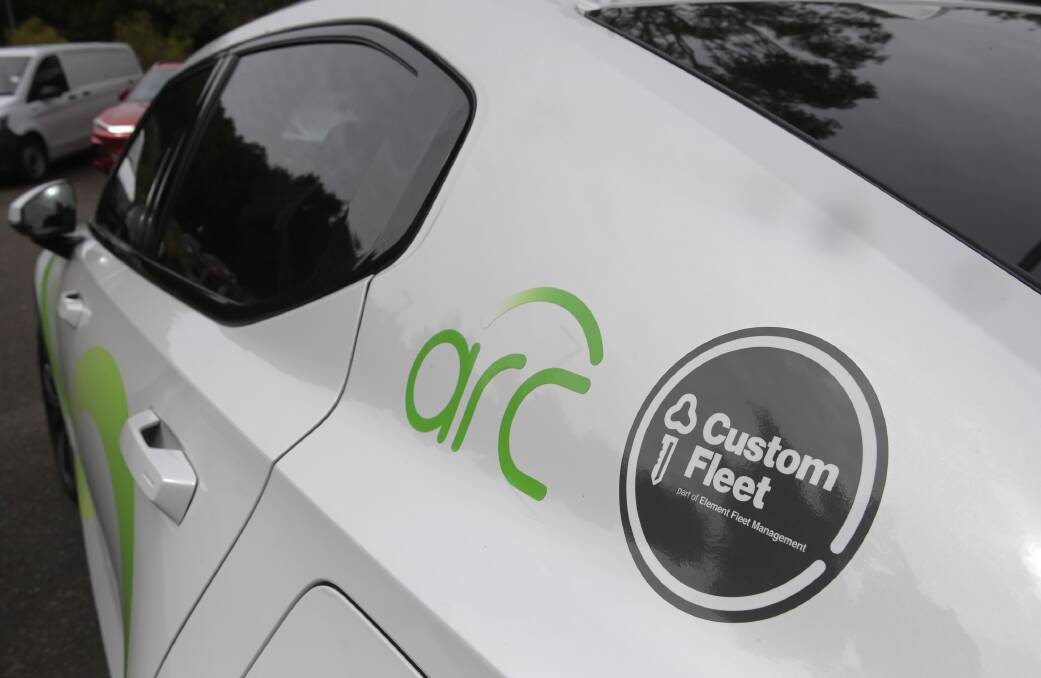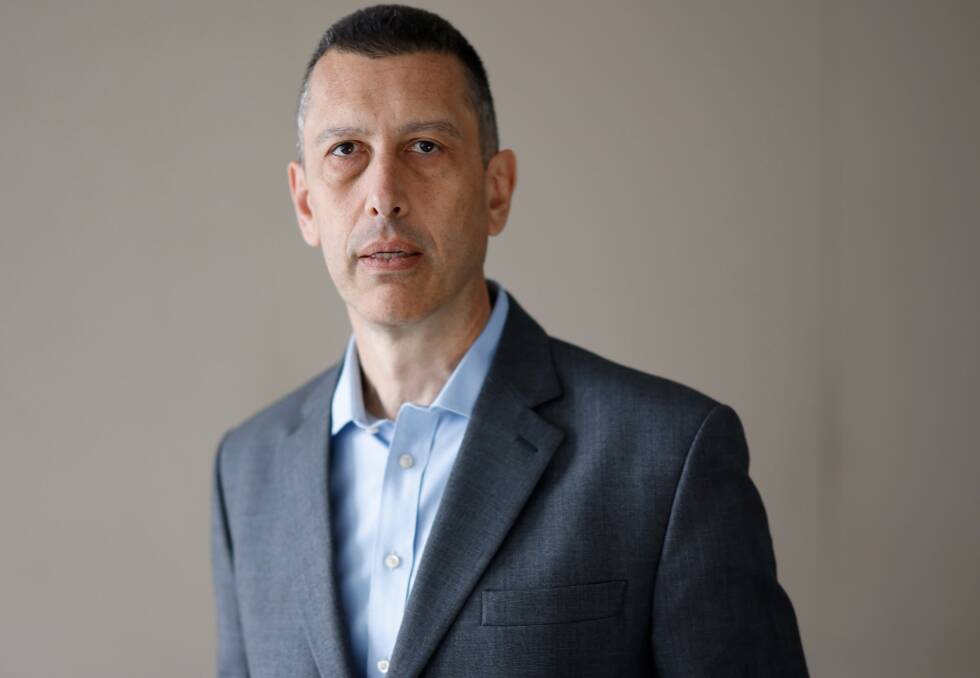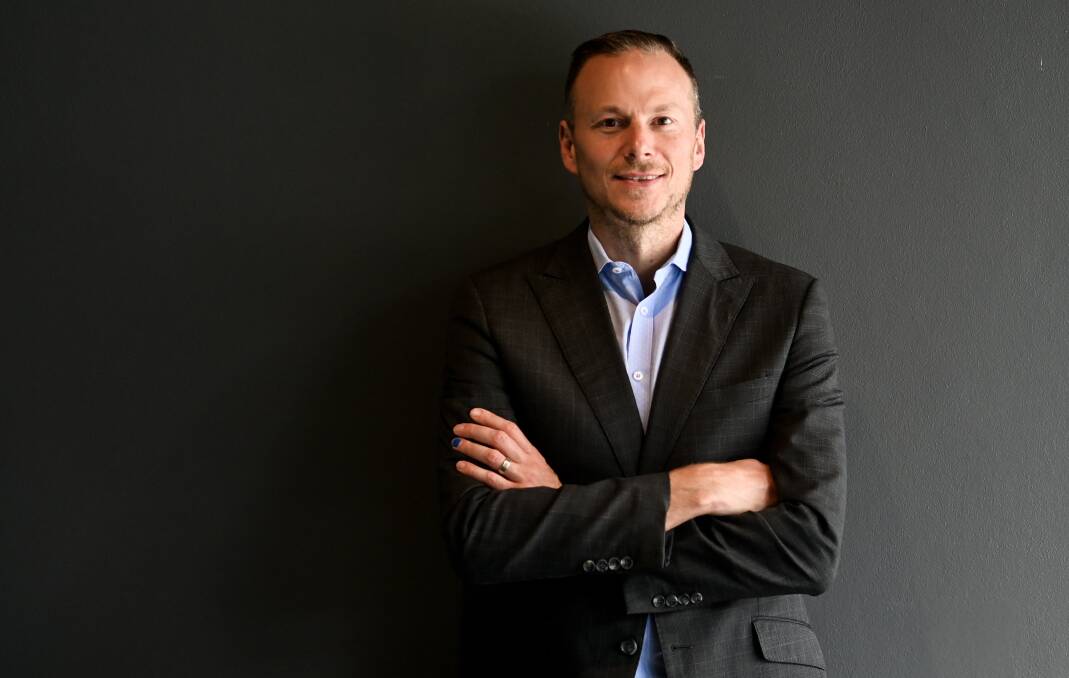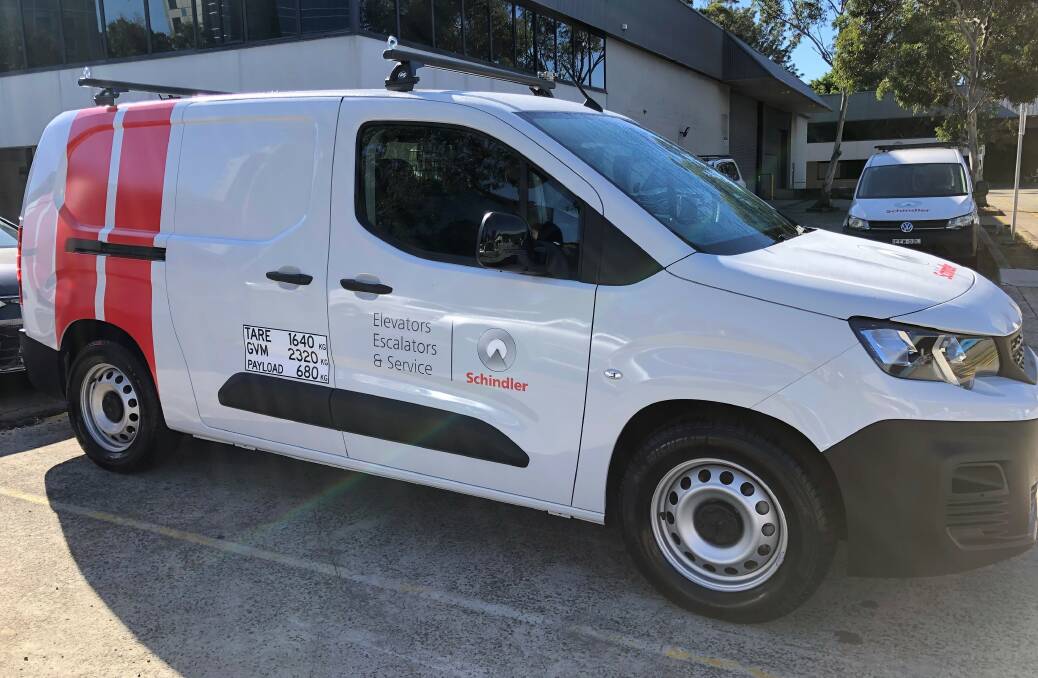Road to change: Australia's transport sector's carbon goals

This is branded content for Custom Fleet.
Transport is predicted to become Australia's largest source of carbon emissions by 2030 according to the federal government. Currently constituting 21 per cent of total emissions, road transport makes up 86 per cent of these emissions.
In light of this, recent modelling from Monash University's Climateworks Centre on decarbonisation examines various solutions to reduce emissions in the transport sector. These include increasing the deployment of zero-emissions vehicles (ZEVs), utilising lower-carbon fuels, and shifting more transportation off-road while minimising unnecessary travel.
This "diverse solutions" approach ensures there's no single point of failure as the nation moves as quickly as possible to net zero.
One such company exploring diverse solutions on the transport front is urban mobility expert Schindler. Known for moving nearly two billion people daily worldwide, the company is recognised for its elevators and escalators.
According to Paolo Beltrame, Managing Director of Schindler Lifts Australia, Schindler's presence spans nationwide, particularly in multi-storey buildings. For instance, a stroll around Sydney's Darling Harbour from Barangaroo to the Sofitel reveals Schindler units in nearly every building.
Mr Beltrame says the company is making significant progress on their global sustainability journey. "All our offices are powered by electricity from green sources or solar panels, but our real challenge is electrifying our fleet," he says.
"While the company has managed to increase the number of electric vehicles in its fleet in Europe and North America, it's been a challenge here in Australia due to limited charging infrastructure.

"It's a challenge because we need to keep our technician's mobile, especially in situations like people getting trapped in malfunctioning elevators where a quick response is crucial."
Schindler is collaborating with its fleet leasing partner, Custom Fleet, to explore a variety of solutions. These solutions range from incorporating electric vehicles to investigating methods for enhancing the fleet's sustainability.
Christopher Tulloch, Custom Fleet's CEO, says partnering with companies like Schindler to make their fleet more sustainable is their primary focus.
"We specialise in helping our customers minimise their environmental footprint through smart vehicle and technology choices. This approach not only enhances operational efficiencies but also facilitates the transition towards a more fuel-efficient and environmentally-conscious fleet," Mr Tulloch says.
"Data serves as the cornerstone of our operations, enabling us to provide our clients with insightful analyses. Through this data-driven approach, we assist our customers in identifying opportunities for transitioning segments of their fleet to electric vehicles.

"We can even pinpoint driving challenges and behavioural patterns that contribute to excessive carbon emissions from specific vehicles."
Schindler's fleet transition in Australia, currently comprising approximately 600 vehicles, focuses on replacing older models with hybrids and expanding the use of electric vehicles (EVs).
Mr Beltrame envisions a complete transition to EVs in the near future, supported by Custom Fleet's lifecycle management expertise.
Custom Fleet remains firmly committed to supporting them throughout this entire process.
"We realised early on the extensive scope of our role in fleet management operations and embrace the opportunity to collaborate with clients such as Schindler in prioritising their sustainability goals," Mr Tulloch says.
"Moreover, being part of Element, the largest fleet organisation globally, allows us to utilise data gathered from over one million vehicles worldwide. This vast amount of information helps us refine fleet management tactics in Australia and New Zealand."

Emphasising the importance of sustainability targets, Schindler's National Supply Chain Manager, Sam Abughali says "we aim to be pioneers in urban mobility".
"Transitioning to EVs is not just a step but a leap towards a sustainable future. This change significantly reduces our carbon footprint, sets industry standards, and enhances driver safety through comprehensive training," Mr Abughali says.
"We've also assisted employees in setting up home chargers for a seamless transition.
"So far, we've received positive feedback from our drivers. The reduction in fuel costs is also a bonus. Partnering with Custom Fleet has been crucial not only to our sustainability commitment but also to improving operational efficiency and creating value for our customers."


